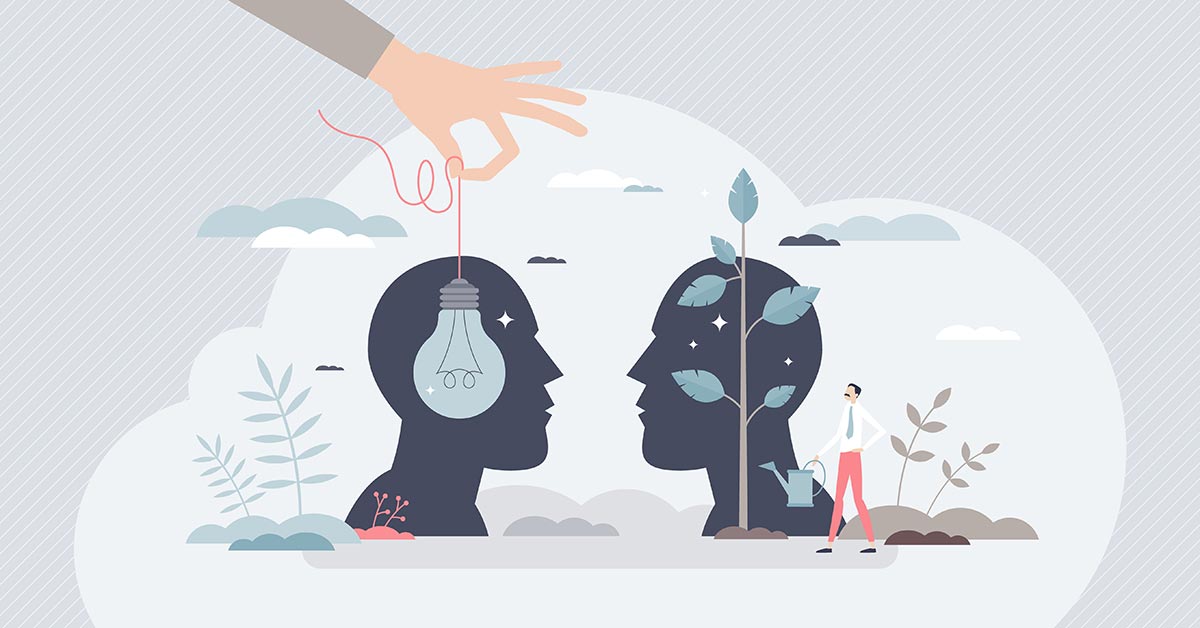A Silent Transition Is Underway
In every utility I’ve worked in—whether electric or water, public or private—I’ve seen the same story unfolding quietly behind the scenes: experienced employees retiring in waves, taking with them decades of institutional knowledge. And it’s not just technical expertise that’s walking out the door—it’s local insight, crisis-tested judgment, and the kind of know-how you can’t find in a manual.
The utility sector is facing a generational shift. Many of the people who built and maintained our infrastructure for 30 or 40 years are leaving. At the same time, digital transformation is accelerating, customer expectations are rising, and the complexity of our systems is growing.
It’s a challenging moment—but also an opportunity. As a CIO who’s led teams through modernization, I’ve come to believe that preserving institutional wisdom through mentorship, documentation, and thoughtful succession planning is just as important as any technology investment we make.
Mentorship Isn’t Optional—It’s Mission-Critical
I wouldn’t be where I am today without mentors. Early in my career, I had leaders who took the time to explain not just how things worked, but why they were built that way. They taught me how to lead with purpose, make decisions under pressure, and balance innovation with reliability—skills that aren’t written in job descriptions.
Now, decades later, I find myself in the mentor’s role. And I see clearly how vital it is to intentionally create space for mentorship in our organizations.
In utilities, where safety, continuity, and public trust are on the line, you can’t afford to assume the next generation will “figure it out.” Yes, they’re smart and capable, but without context—without the institutional story—they’ll spend years rediscovering lessons we could have passed down in hours.
That’s why I’ve encouraged every senior staff member I’ve worked with to mentor someone. And not just in formal programs, but informally too: walk-throughs in substations, shadowing during board presentations, open-door policy for questions. Knowledge is most powerful when it’s shared, not stored.
From Tribal Knowledge to Transferable Wisdom
One of the biggest risks in any utility is “tribal knowledge”—information that only exists in someone’s head. Whether it’s how a legacy system reacts under certain loads, or which switch in a rural substation tends to stick after a freeze, these small details matter. And when they’re lost, they can slow down response time, increase costs, and in some cases, lead to safety issues.
In my roles, especially during digital modernization efforts, I’ve worked hard to capture that knowledge before it disappears. That means:
- Documenting not just processes, but context and rationale.
- Recording incident response stories, including lessons learned.
- Creating playbooks that reflect both standard procedures and historical nuances.
- Encouraging senior staff to narrate what they’re doing and why, especially during unusual scenarios.
You don’t need a massive knowledge management platform to do this well—you just need discipline, structure, and a culture that values wisdom over ego.
Succession Planning: More Than Replacing a Role
Too often, succession planning is treated like a checklist item—something to do when someone announces their retirement. But in utilities, where leadership and technical expertise are often intertwined, succession must be a continuous process.
I’ve always approached it by asking: If this person left tomorrow, what would walk out with them? What relationships, what undocumented knowledge, what decision-making judgment?
That kind of planning forces you to think deeper. It’s not just about putting names in boxes—it’s about building resilience. It’s about cross-training, giving emerging leaders stretch assignments, and gradually shifting responsibility—not dumping it all at once.
In one utility I worked with, we began succession planning two years before a key SCADA supervisor was set to retire. We paired him with a younger engineer, gave them joint project ownership, and built in weekly debriefs. By the time the supervisor retired, not only was the engineer ready—he had the full confidence of the team. That’s what success looks like.
Blending Old Wisdom with New Tools
Passing down knowledge doesn’t mean resisting change. In fact, it should enable it.
I’ve found that some of the best digital transformations happen when we pair seasoned field operators with younger data analysts or engineers. The veteran brings context, pattern recognition, and field-tested insight. The new staff brings fresh eyes, tech fluency, and curiosity.
Together, they build systems that are both innovative and grounded in real-world needs.
We should stop thinking of knowledge transfer as a one-way street. It’s a conversation—between generations, between perspectives, and between what’s worked in the past and what could work better in the future.
The Heart of a Utility Is Its People
In the rush to modernize infrastructure, automate systems, and meet regulatory demands, it’s easy to forget that people are the true backbone of public utilities. They’re the ones who know where the cables run, how the community reacts in a crisis, and what leadership really looks like when the pressure is on.
That kind of knowledge can’t be replaced by AI or replicated by sensors. It has to be passed down—through mentorship, documentation, shared experience, and trust.
If we fail to do that, we don’t just risk operational setbacks. We risk losing the very heart of what makes our systems work.
